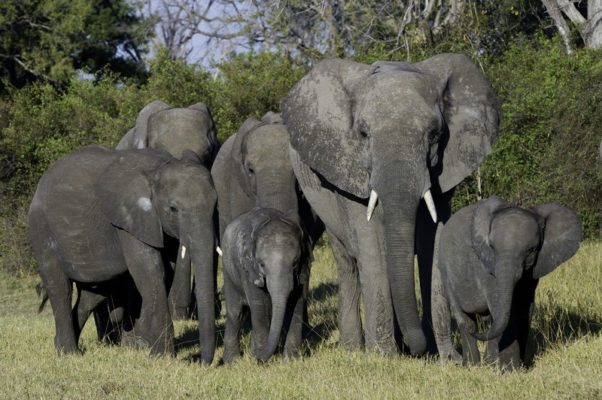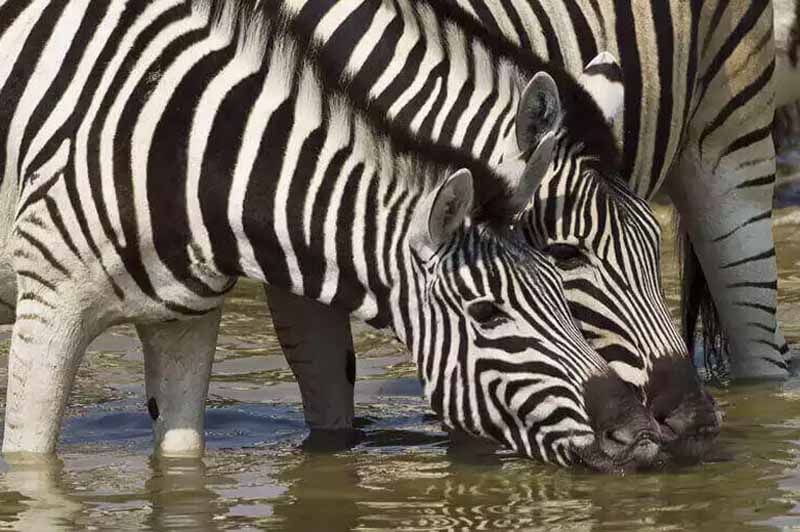African wilderness survival skills. Basic tracking skills and common sense to locate water when you are trying to survive. In this blog we talk about water filtration and treatment once you have found water.
So now you found water…
Once you find water, your worries are far from over. Most first world people have very sensitive digestive tracts that are super susceptible to various bacteria found commonly in water sources in Africa. It does not help that animals like elephant often freely defacate in the water while drinking and mud-bathing.
How you deal with this new problem will depend greatly on how dehydrated you are when you find water. Another factor is the resources you have at your disposal to purify the water. If you are lucky enough to be stranded in the middle of a wilderness such as the Okavango, the flowing water is immediately drinkable. More often than not though, you are faced with a pool of slimy green stagnating water.
Immediate survival action
The most basic filtration is to simply dig a hole alongside the waterhole. Depending on how porous the soil is you will choose the distance to dig your hole. The compromise here is flow rate versus filtration. The further the water has to filter through the soil, the slower the process. The more soil the water passes through, the better the overall quality of the water. When your hole is dug it is a good idea to retreat to a safe area and wait for the filtration to take place.
Situational awareness

If you find this water during prime drinking time for wildlife, be aware! You will be competing with many of Africa’s potentially dangerous animals for their most valuable resource. Most elephant drink between mid-day to late afternoon when the scorching head drives their thirst. Elephant often arrive at waterholes at a jogging pace during hot dry spells. If you get caught out in the open by a herd of elephant, purifying drinking water is the least of your survival concerns!
Other natural water filters
Plants are always a strong theme in any survival skills topic, and this is no exception. Many plants such as the waterlily have highly porous stems that act as natural filters. The longer the straw the better the filtration is. Note that this will not remove all bacteria. The straw will greatly assist with removing many of the impurities and with that a lot of the bacteria. When immediate action is required, you are always weighing up risk with reward. The risk of not drinking is death therefore, if you have no other option, you need to do the best you can and hope you have a strong constitution.
What you can use around you
Access to fire is another vital survival skills tool. If you can make fire and you have almost any type of container, you can boil water. Most people don’t know this but you can boil water in a plastic bottle on a fire. When boiling water inside the bottle, the water moderates the heat of the fire. Your bottle may shrink a little but it will never melt as long as it is full. Yes, I know you are thinking there could not be a more carcinogenic drink on Earth but remember, we are trying to survive until tomorrow.
Survival Skills on a Nature Guide Course
Survival skills is a fun component in any nature guide course that you attend. These handy skills are always a great way to put your money where your mouth is as a guide and do something practical, rather than spouting lots of blah, blah theory! Get out there, get your hands dirty and try some of these skills. Think about our Bush Skills Course in the Okavango as a great introduction. (article courtesy of the Okavango Guiding School)

